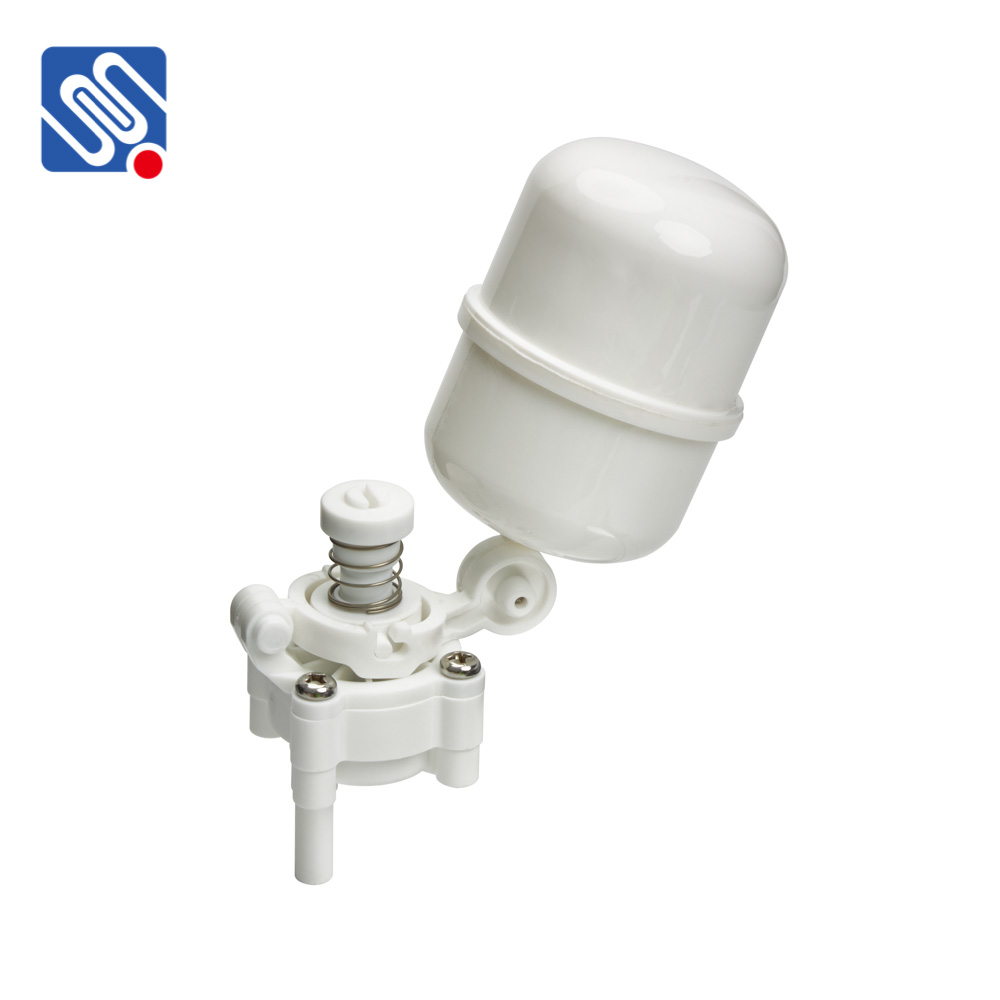plastic valve for water systems: advantages, applications, and considerations
Release time:2025-11-20 15:40:00
Plastic valves for water systems have become a vital component in various industries due to their numerous benefits. These valves are made from materials such as PVC, CPVC, and PP, which offer excellent resistance to corrosion, ease of installation, and cost-effectiveness. Whether in residential plumbing, irrigation systems, or large-scale industrial applications, plastic valves have earned a solid reputation for their reliability and durability. This article will delve into the advantages, applications, and considerations associated with plastic valves in water systems.

Advantages of Plastic Valves
One of the main reasons for the widespread adoption of plastic valves is their superior corrosion resistance. Unlike metal valves, which are prone to rust and deterioration when exposed to water and chemicals, plastic valves are impervious to corrosion. This characteristic makes them ideal for use in water systems that transport not only potable water but also chemicals or water with varying pH levels. As a result, plastic valves can offer a longer lifespan and more reliable performance, particularly in harsh environments.
Another significant advantage is their lightweight nature. Plastic valves are much lighter than their metal counterparts, making them easier to handle, transport, and install. This is particularly beneficial in systems where space is limited or where frequent maintenance and repairs are necessary. The lighter weight also contributes to reducing the overall cost of transportation and handling, further making plastic valves a cost-effective option for water system installations.

